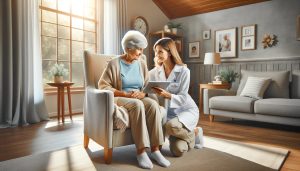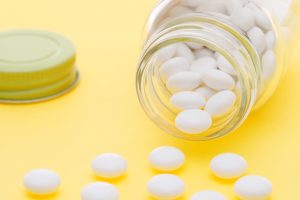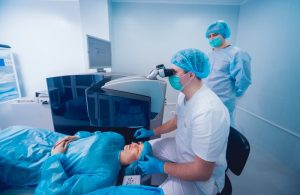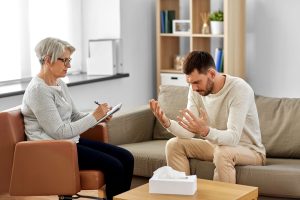
Menstrual cramps – also known as “period pain” – are throbbing, cramping pains most commonly felt in the lower abdomen just before or during a woman’s menstrual period.
Cramps are often accompanied with nausea, loose stools, headache and dizziness, and can be so severe they interfere with everyday activities for a few days each menstrual cycle.
Symptoms vary from woman to woman. Some conditions, such as endometriosis or uterine fibrosis, and some contraceptive methods (such as the copper coil) can cause more severe symptoms.
The key to reducing any excessive pain associated with menstruation is treating the underlying cause.
What causes menstrual cramps
During a menstrual period, the uterus contracts to expel its lining. According to the experts at House Call Doctor, these contractions are triggered by prostaglandins, which are hormone-like substances involved in pain and inflammation. Higher levels of prostaglandins are associated with more painful cramps.
You may also be at a greater risk of menstrual cramps if:
- You smoke
- You have a family history of dysmenorrhea
- You suffer from heavy or irregular bleeding
- You have never been pregnant
- You are overweight or obese
- You started puberty at 11 years old or younger
- You are currently younger than 30 years old.
Preferred methods of treatment vary according to each woman’s needs and activities.
Applying heat to the painful area, lying or sitting down, and staying in a dark room may ease the symptoms of less severe cramps.
More painful cramps may require treatment with regular painkillers, or medicine prescribed by your GP or gynaecologist.
Signs of menstrual cramps
Although the obvious sign of menstrual cramps is pain in the lower abdomen, there are other symptoms a woman can experience. These include:
- Nausea
- Lower back pain
- Leg pain
- Diarrhea
- Headaches and/or migraines
- Irritability
- Weakness
- In extreme cases, fainting spells.

When to see a doctor
Menstrual cramps on their own don’t cause medical complications, but some conditions associated with cramps can cause issues.
Endometriosis, for example, has been associated with fertility issues, including miscarriage, and ectopic pregnancy.
Therefore, if your cramps disrupt your monthly life, progressively worsen or develop after the age of 25, you should include your GP in your treatment.
When to seek urgent medical attention
Although a doctor can help manage most symptoms of menstrual pain, it’s important to seek urgent medical attention if you’re showing any of the below signs:
- Fainting
- Intense and sudden pelvic pain
- Repeated dizziness.
Home remedies for menstrual cramps
There are many home remedies you can try to help ease menstrual pain. These include:
- Placing a heating pad on the pelvic area
- Massaging the back and lower abdomen
- Exercising, especially before the start of a period.








